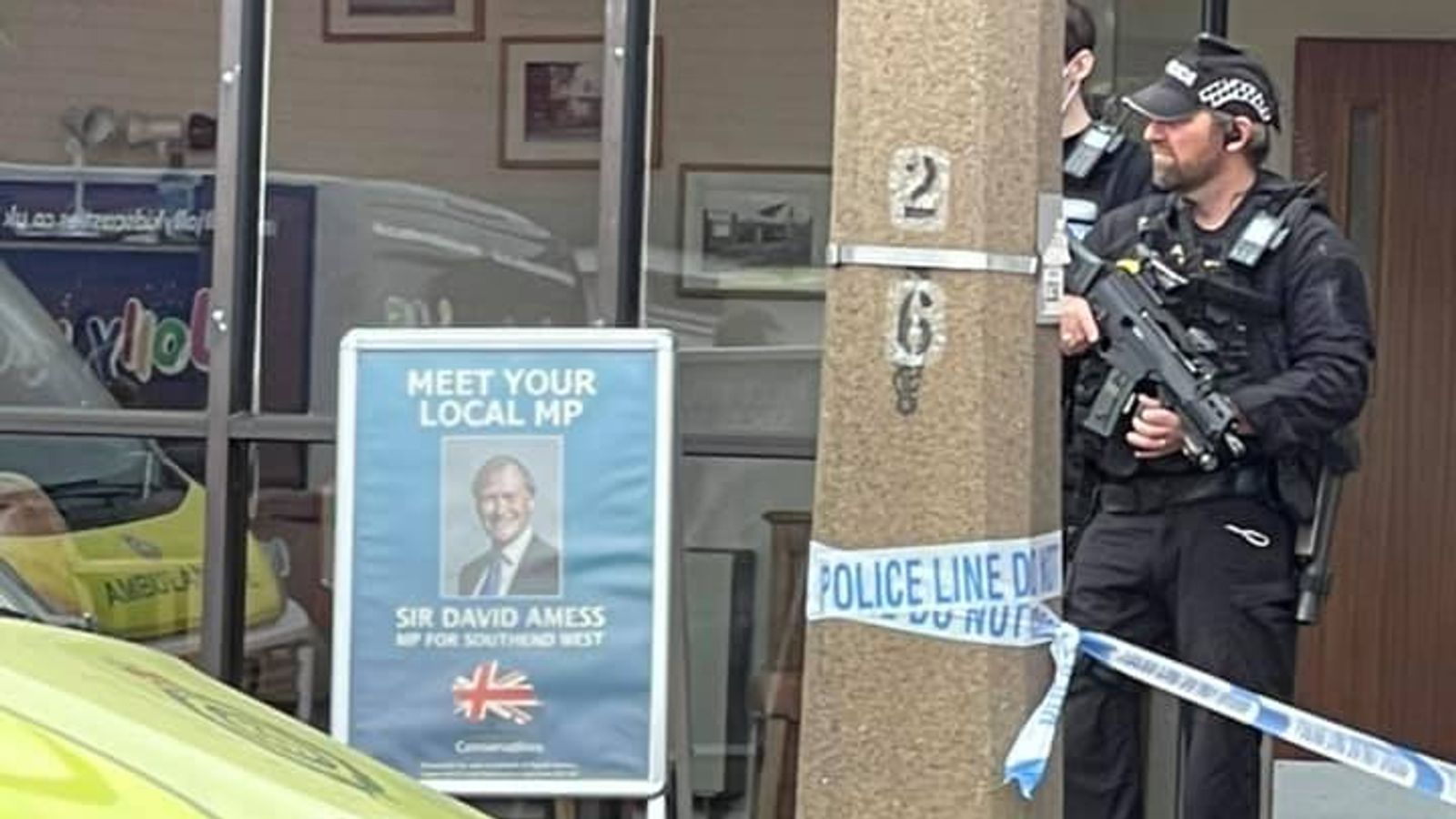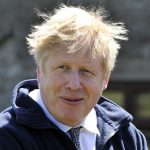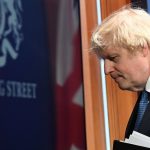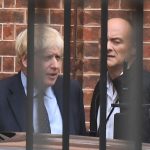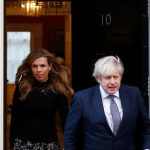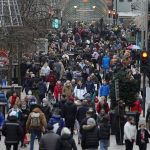The Speaker of the House of Commons has promised to “examine” safety measures for MPs following the killing of Sir David Amess – but senior Conservatives are warning against placing politicians behind a “security bubble”.
Sir Lindsay Hoyle described himself as “shocked and deeply distressed” by Sir David’s death – the second killing of an MP in their own constituency in little more than five years.
“In the coming days we will need to discuss and examine MPs’ security and any measures to be taken,” the Commons’ Speaker added in a statement.
“But, for now, our thoughts and prayers are with David’s family, friends and colleagues.”
Home Secretary Priti Patel said questions were “rightly being asked about the safety of our country’s elected representatives” following the “senseless attack”.
And she promised to “provide updates in due course”.
Sir David died after being stabbed at a surgery – where MPs offer face-to-face meetings with constituents – in his Southend West constituency in Essex.
David Amess tributes: MP was a ‘great common sense politician and formidable campaigner’
Sir David Amess obituary: From ‘humble’ East End beginnings to 38-year career as animal-loving MP
Conservative MP Sir David Amess dies after being stabbed at constituency surgery, police say
His death follows the 2016 murder of Jo Cox, the Labour MP who was shot and stabbed in her Yorkshire constituency on the day when she had been due to hold a surgery.
But senior Tories have urged caution over new security measures that would move MPs away from meeting with members of the public.
Lord Pickles, a former Conservative Party chairman who was an MP for 25 years before joining the House of Lords, acknowledged that security risks were “part of the job” for parliamentarians.
“It’s something you sign up to,” he told Sky News.
“There are some places in the world… where they [politicians] operate in a bubble, where they are a political class.
“But you could see David on the train to Southend, you could see David in local restaurants, you could see David just about anywhere.
“David’s accessibility was one of the reasons why he was such an effective operator inside parliament, inside politics.”
Please use Chrome browser for a more accessible video player
Lord Pickles described Sir David’s death as “tragic”, “dreadful” and “not normal”, but added: “We live in an age where sometimes you have to take risks.
“No one expects you to die, of course you don’t, but you don’t expect it to be entirely risk free.
“A doctor doesn’t entirely expect themselves to be risk free, a nurse doesn’t entirely expect themselves to be risk free, in teaching you are taking some risks.
“When you’re dealing with people who are often emotional, who feel like the system has let them down, often they’ll look for someone to blame.
“But, you know, if we sort of close up shop and just disappear behind a security bubble, it is democracy itself that will be the lesser thing.”
The Conservative peer agreed it was “fair and reasonable” to say Sir David would not have conceived of fulfilling his duties as an MP in any other way.
Lord Pickles’s fellow former Tory cabinet minister, ex-Brexit secretary David Davis, told Sky News that Sir David would “hate” the idea of MPs being distanced from their constituents.
“It’s an awful paradox, frankly, that it was in his constituency surgery that he was attacked and killed,” he said.
“I do hope – and I think he would hope – that one of the outcomes of this is not that we distance ourselves from constituents.
“He would hate that idea.”
Pauline Latham, Conservative MP for Mid Derbyshire, told Sky News there was a need to review MPs’ security.
“We can’t be totally protected,” she said. “There will always be nutcases who will try to stifle democracy, there will always be unpleasant people who will try to cause mayhem and we’re no different from any other member of the public.
“But we do put ourselves in a vulnerable position over surgeries.
“Maybe we need more security at places like that where the public know where we are – and so perhaps there should be a bigger police presence supporting MPs.”
The amount of money spent protecting MPs rose substantially following the murder of Jo Cox in June 2016.
Accounts from the Independent Parliamentary Standards Authority showed MPs spent £2.5m on security in 2016/17 – up from £170,000 the previous year.
The murder of Jo Cox came six years after Stephen Timms was stabbed twice in the stomach at a constituency surgery in east London.
Roshonara Choudhry, a 21-year-old student, was later found guilty of attempted murder and jailed for a minimum of 15 years.
During her trial, a court heard Choudhry had made a list of MPs who had voted for the Iraq war.
Mr Timms underwent emergency surgery but survived the attack and continues to serve as MP for East Ham.
In January 2000, Andrew Pennington died while saving the life of Cheltenham MP Nigel Jones when they were attacked with a Samurai sword.
The 39-year-old, who was acting as an assistant to Mr Jones, was posthumously awarded the George Medal for bravery.
